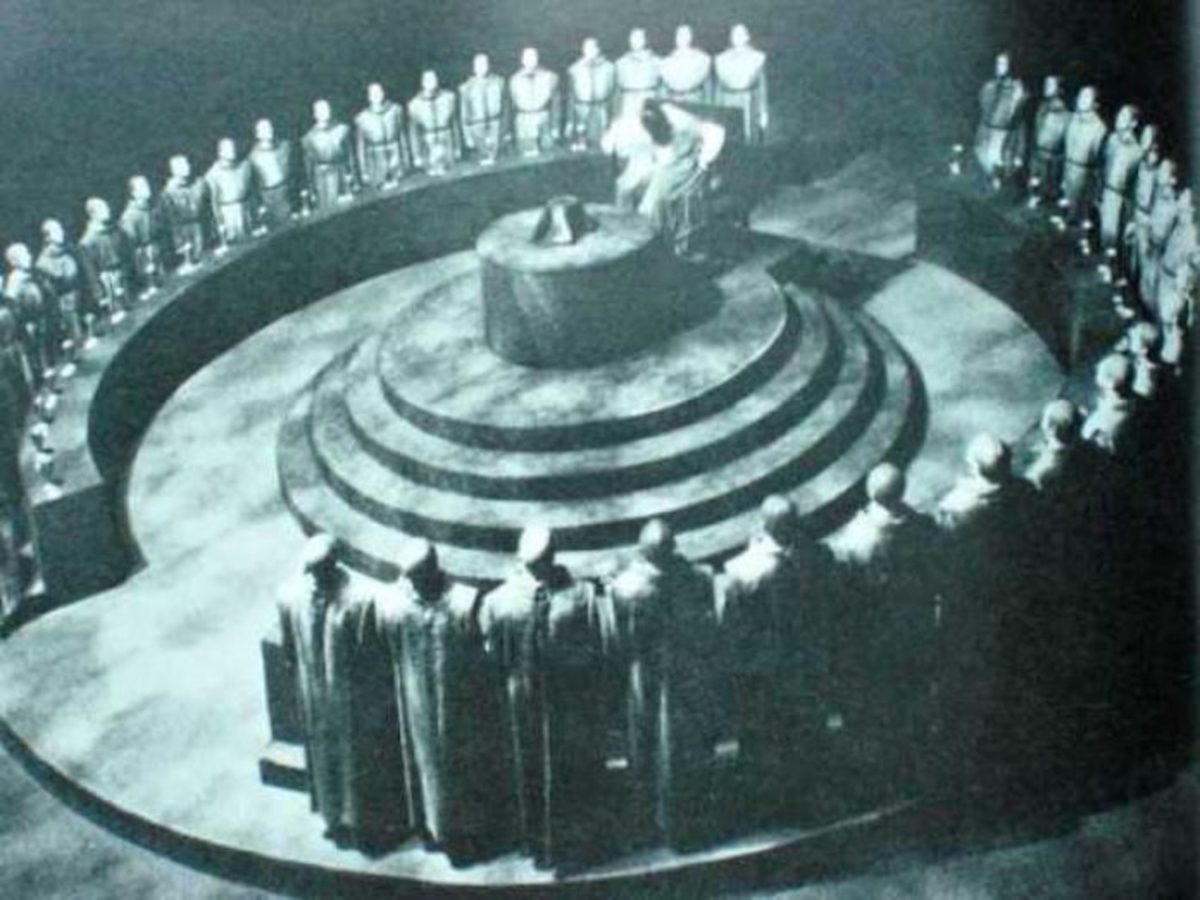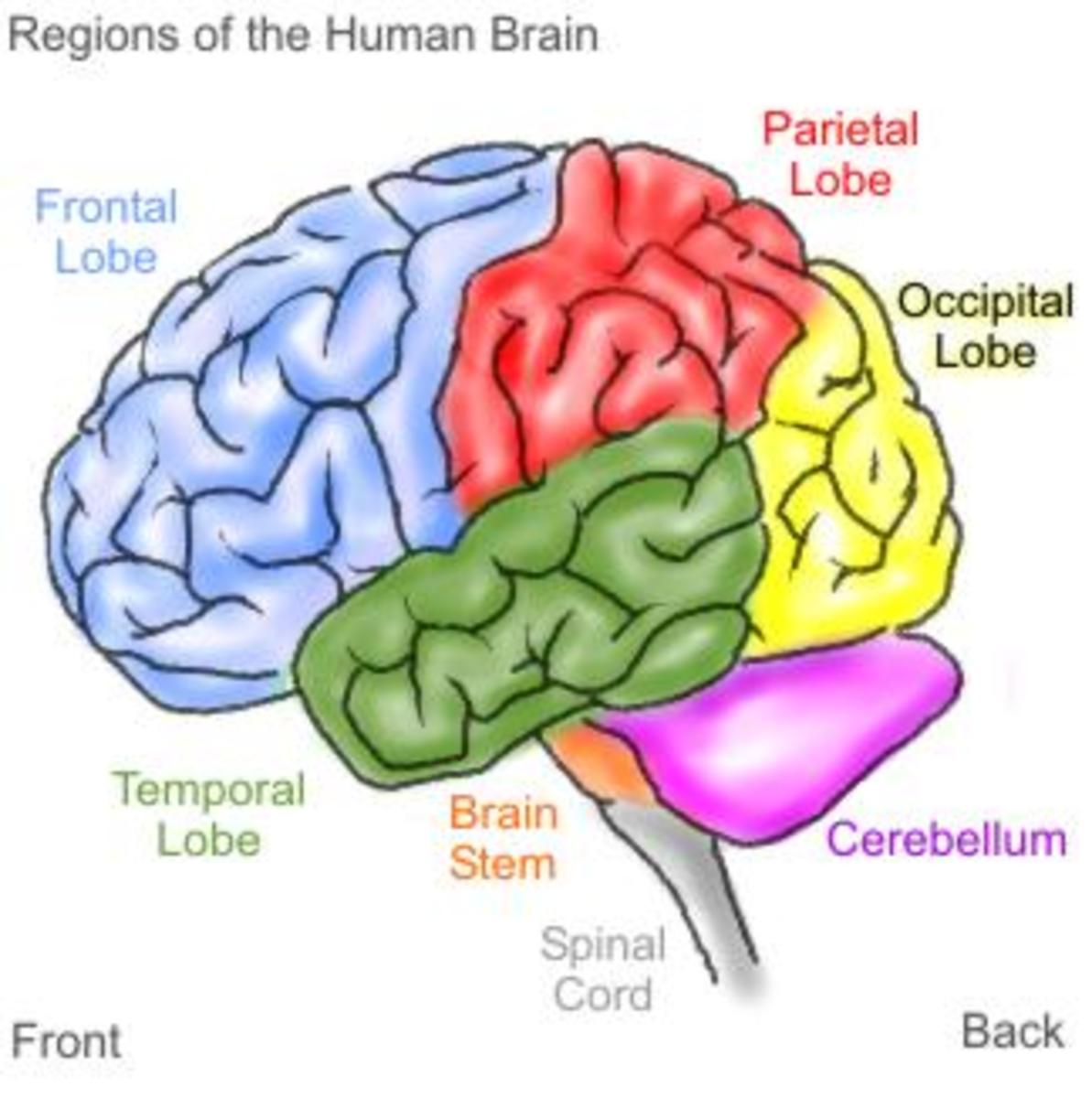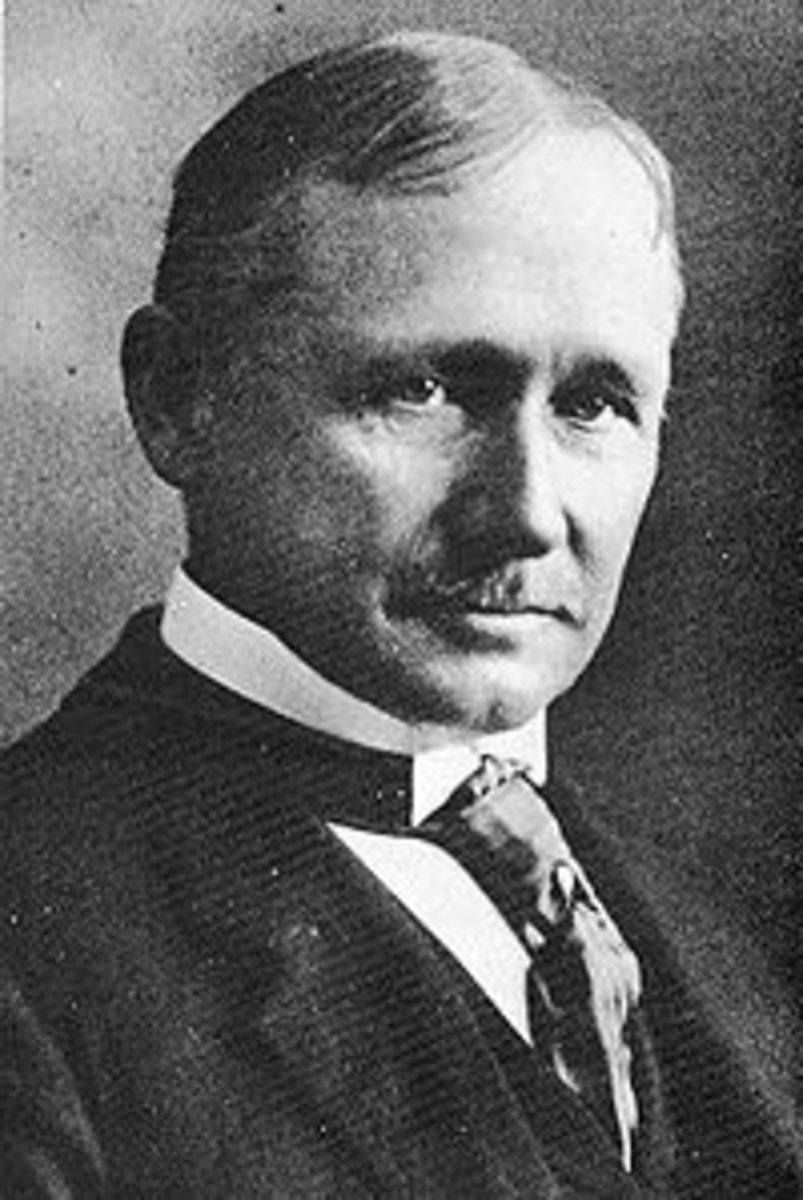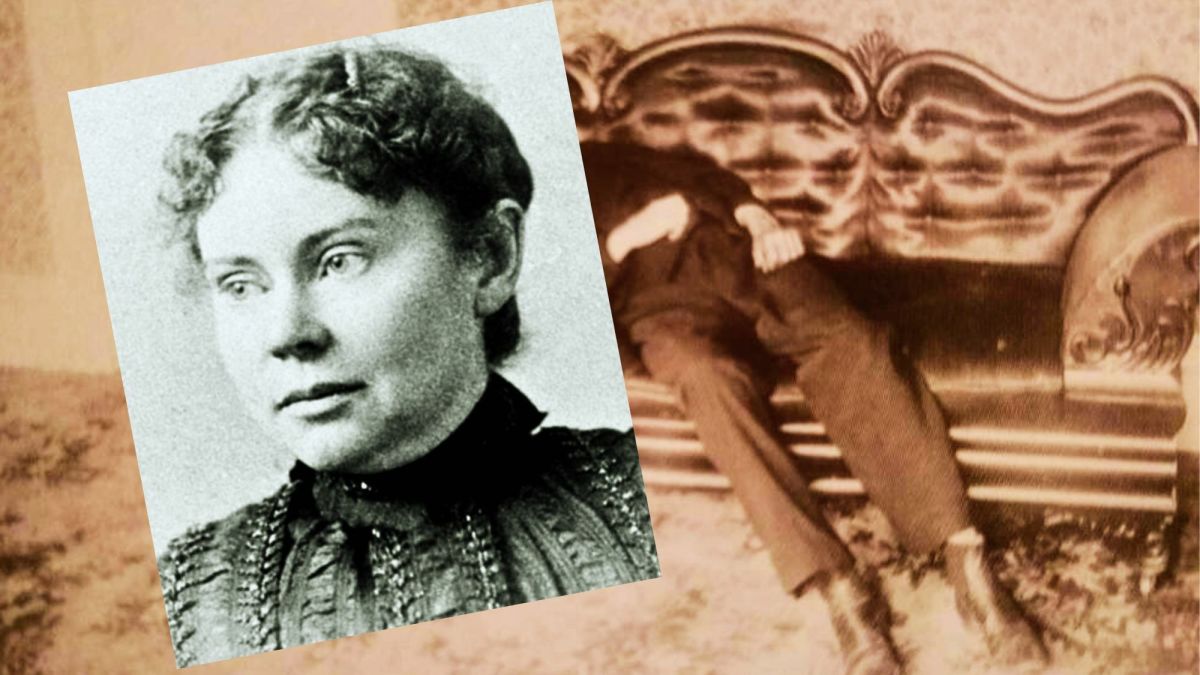3 Leading Theories Behind the Déjà Vu Conundrum

What is Déjà Vu?
Have you ever encountered it—the inexplicable wave of familiarity? You're in a place you've never been and suddenly, it surges through your system without preamble. It bombards you without warning. Anytime, anywhere—it can even manifest mid-conversation.
Déjà vu (from the French, "already seen") is a phenomenon widely experienced. It occurs in a reported 60-70% of the population. It's been a subject of analysis and scientific study since the 1800's. And even with all those numbers behind it, guess what? We still don't know what the heck it is.
When Déjà Vu Occurs
Here are a few intriguing facts about the phenomenon of déjà vu:
- decreases in frequency of occurrence with age
- more common in people aged 15-25 years old
- more common in people who travel often
- more common in people who have good dream recall
- more prone to occur if individual is experiencing stress, anxiety or fatigue
Déjà vu is a slippery fish. It's fleeting, occurs without warning, and can be triggered by a perpetually unending swath of stimuli. That makes it notoriously difficult to study. But thus far, a few strong theories have emerged. Let's take a look.

1. Split Attention Theory
This theory was proposed by Dr. Alan Brown and Dr. Elizabeth Marsh, research psychologists at Duke and SMU. They suggest that déjà vu is the result of a division of consciousness.
When our attention is focused centrally on a particular object, idea or person, our bodies and brains are still sponging up sensory information in our environment, whether we realize it or not. This happens below the level of our conscious attention, in other words: subconsciously. Once we then re-direct our attention and widen the scope of our awareness, we experience a flickering sense of familiarity. Our brain has taken in the information around us, and consequently, it is familiar—we simply haven't registered it consciously yet.
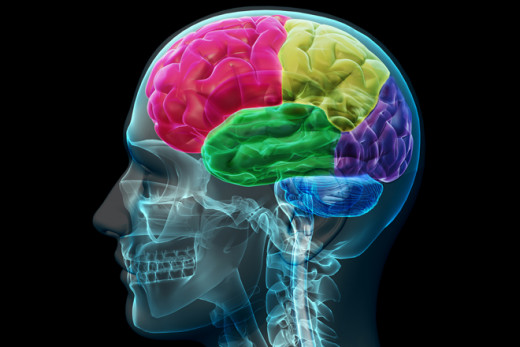
2. Mismatching Theory
Now let's examine a brain theory or two.
We have two different systems that deal with memory. The first negotiates short-term memories. The second keeps track the long-term ones. Usually these systems are well-mannered and orderly. New sensory experiences hop into the short-term circuit, politely waiting their turn to be recruited to long-term memory.
The mismatching theory of déjà vu suggests that the brain experiences a hiccup: an experience by-passes the short-term memory circuit and is immediately recruited to long-term memory storage. The new sensory information jumps the gun a files itself into the wrong slot. Essentially—it cuts the line at the memory supermarket.
A similar déjà vu theory also suggests a neural miscommunication. The rhinal cortex, responsible for generating feelings of familiarity, is mistakenly activated during a new experience. This misfiring results in an odd sense of familiarity even when your hippocampus has no long term memory to recall.
3. Many-Worlds Theory
Let's get into quantum mechanics for a minute. You know—just for fun.
Quantum physics describes something called the "many-worlds theory," an interpretation of objective reality that suggests we live in a multi-verse.
What be the multi-verse, you ask? It's the proposition that our universe is one in a string of many. Hundreds. Millions. An infinite number, to be precise. Each universe simultaneously playing out every variation of our selves, our world, our every circumstance that has ever, is, or ever could be.
I know—it's a big doozy of an idea; a pretty overwhelming suggestion to consider. But in this line of thinking, some physicists, like Dr. Michio Kaku, wonder whether déjà vu is simply the brief "tapping in" of our consciousness to another of our parallel realities.
Pretty mind-boggling, huh?

Have You Ever Experienced Déjà Vu?
What do you think causes this phenomenon? Do any of the theories listed above intrigue you? To hear more about the many worlds theory, check out Dr. Michio Kaku below.
Dr. Michio Kaku Examines Déjà Vu
So, what do you think causes déjà vu?
Resources
Obringer, Lee Ann. How Deja Vu Works. http://science.howstuffworks.com/science-vs-myth/deja-vu.htm
Reichett, Amy. Explainer: what is déjà vu and why does it happen? http://theconversation.com/explainer-what-is-deja-vu-and-why-does-it-happen-11355


